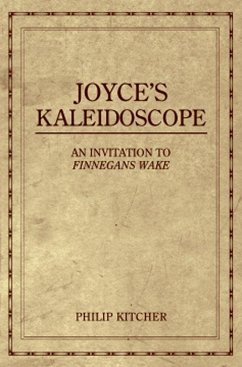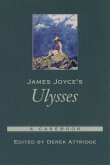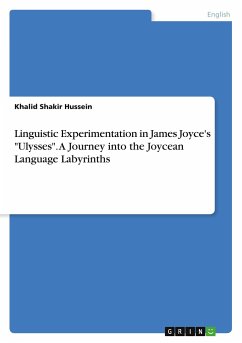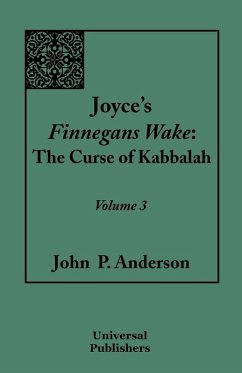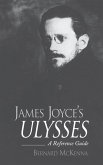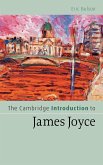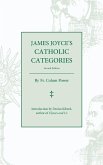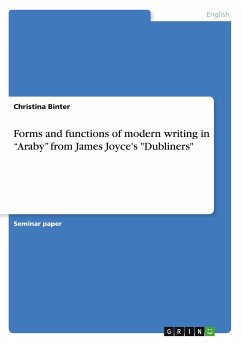With great humanity and a distinctive brand of humanism, Joyce points us to the things that matter in our lives. His final novel is a festival of life itself. From this perspective, the supposedly opaque, or nonsensical, language opens up as a rich source for the reader's reflections: though readers won't all approach it the same way, or with the same set of references, there is meaning in it for everyone. Kitcher's detailed study of the entire text brings out its musical resonances and its musical structures. It analyzes the novel overall while bringing deep insight to the reading of key individual passages. This engaging guide will aid readers not just to make sense of the novel, but to relish the remarkable accomplishment of Joyce's least appreciated work.
Joyce's Kaleidoscope aims to dissolve the supposed impenetrability of Finnegans Wake. Philip Kitcher suggests that the Wake is Joyce's "Portrait of the Artist as an Aging Man." Its dream-language is a device for investigating the sources of value in human lives, and, in the rich music of that language, Joyce celebrates the ordinary, offers his distinctive humanism, and provides a festival of life itself.
Hinweis: Dieser Artikel kann nur an eine deutsche Lieferadresse ausgeliefert werden.
Joyce's Kaleidoscope aims to dissolve the supposed impenetrability of Finnegans Wake. Philip Kitcher suggests that the Wake is Joyce's "Portrait of the Artist as an Aging Man." Its dream-language is a device for investigating the sources of value in human lives, and, in the rich music of that language, Joyce celebrates the ordinary, offers his distinctive humanism, and provides a festival of life itself.
Hinweis: Dieser Artikel kann nur an eine deutsche Lieferadresse ausgeliefert werden.
Philip Kitcher is just the person we need to rein in a virtuoso performance that threatens at every turn to spin out of control. There's no novel more in need of, and more worthy of, a philosophical perspective, and Kitcher, himself a virtuoso devotee of literature, will henceforth have provided Joyce's summa its firm foundation. Paul Fry, Yale University

